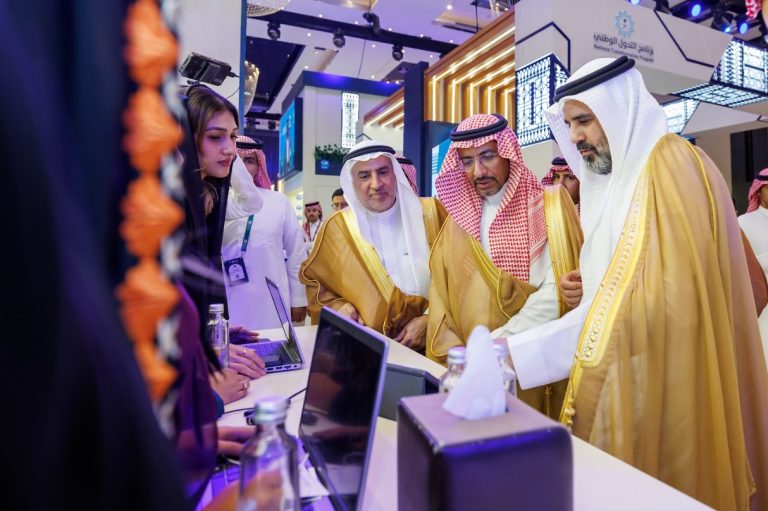The 28th World Investment Conference (WIC28) wrapped up in Riyadh this week, bringing together global leaders to discuss investment opportunities, digital transformation, and sustainability. The three-day event, hosted by Invest Saudi and the World Association of Investment Promotion Agencies (WAIPA), was held under the patronage of His Royal Highness Crown Prince Mohammed bin Salman bin Abdulaziz Al Saud, marking a significant milestone in the Kingdom’s efforts to foster international collaboration.
H.E. Khalid A. Al-Falih, Saudi Minister of Investment, opened the conference with a strong message of gratitude towards Crown Prince Mohammed bin Salman for his leadership and unwavering support. He stated, “Over the past three days, we have discussed the critical challenges facing global investment and reviewed the boundless opportunities that investment offers.”
Al-Falih highlighted that WIC28 had provided a platform for in-depth discussions on key themes such as harnessing digital transformation, sustainable growth, and building resilient global supply chains. The conference, which took place from November 25-27, was also a venue for important agreements, particularly under Saudi Arabia’s Global Supply Chain Resilience Initiative.
According to Al-Falih, Saudi Arabia’s Vision 2030 served as the framework for many of the conversations, positioning the country as a global economic leader. “Guided by Vision 2030, Saudi Arabia has emerged as a global economic growth leader, fostering partnerships that transcend borders and sectors. We have showcased the power of strategic alliances, localized value chains, and cutting-edge technologies to drive meaningful economic impact,” he said.
A key highlight of the conference was the participation of H.E. Bandar Ibrahim Alkhorayef, Saudi Minister of Industry and Mineral Resources. Speaking on a panel about strategic alliances, Alkhorayef underscored the Kingdom’s commitment to building partnerships. He noted that international collaboration was not just an option, but a vital strategy for success. “The question about international collaboration is not whether to do it, but how to do it, and where to find the right attractive concepts,” he said.
The conference also focused on Saudi Arabia’s investment incentives, particularly in advanced infrastructure, manufacturing, supply chains, and logistics. Alkhorayef noted that the Kingdom’s three newly approved economic zones would provide additional benefits for businesses targeting both local and global markets.
Other notable sessions at the conference included discussions on transparent collaboration and regulatory cohesion in the “Bridging Borders” session, and operational excellence in Investment Promotion Agencies (IPAs) explored during the “To Finish First, First You Have to Finish” panel. These sessions emphasised the importance of governance, efficiency, and technology in attracting and retaining investors.
In addition, the conference featured a session titled “Ready, Set, Go”, which focused on Saudi Arabia’s efforts to attract investments in advanced manufacturing and renewable energy sectors, highlighting the Kingdom’s competitive advantages.
The event was hailed as a success, providing a platform for key stakeholders to engage in high-level discussions and secure vital agreements. As the conference came to a close, it was announced that the location for the next edition of WIC will be determined at a later date.


